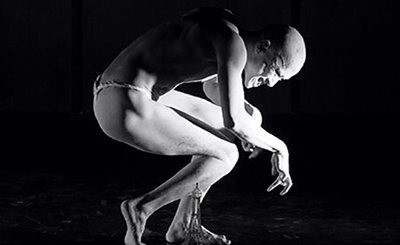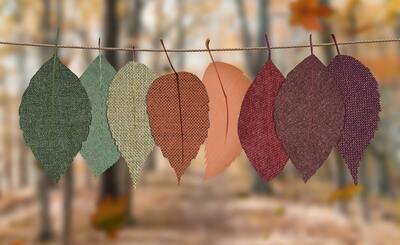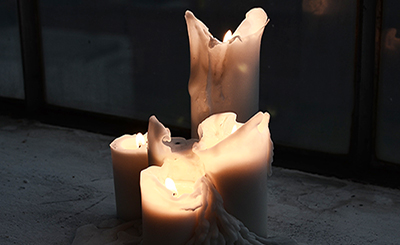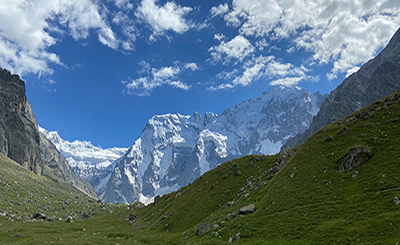
‘I enjoy poetry that has an innate rhythm interweaved into it’
I have been a reader all my life. In fact, I was famous amongst friends and family for having the ability to sniff out books at people’s homes, disappear to the exact location — room or shelf — and spend hours there alone, quietly reading. I was lucky to have had wonderful language teachers at school, and thanks to them, I had finished reading most of Thomas Hardy, Jane Austen, Robert Frost, Kabir, Premchand, and Dinkar by the end of high school. At home, my parents, especially my father, introduced me to Bengali writers such as Rabindranath Tagore, Jibanananda Das, Ashapurna Devi, Michael Madhusudan Dutta, Pratibha Ray, Sukumar Ray, and Satyajit Ray.
I started writing seriously about a decade ago. As a trained scientist, I was initially doubtful about my writing due to the lack of formal ‘training’ in it. I have come to realize though that both fields have a lot in common, especially in the search for truth (or some version of it), the habits of observation and analysis, and then the interpolation of the conclusion, both internally and externally. And it is perhaps my training that leads me to be able to respond to the moments that move me, and then distill those emotions into a concise, yet complete piece of writing. Whatever the reason, I am grateful to be writing!
I don’t usually follow traditional forms or structures in my writing, especially poetry. But I do enjoy and write poetry that has an innate rhythm interweaved into it. I write on the themes of migration and power imbalances, both in the natural and man-made world. I’m also fascinated by the cyclical nature of history and the impact of time on our memories and histories. Staying home during the pandemic has made me restart my music practice — I learnt classical Hindustani vocal music as a child, and incorporate the concepts of music into my poetry as well.
The poems below are based on how the pandemic seems to be forgotten, traffic is back to ‘normal’ and people are ‘revenge travelling’, even though cases are on the rise again. Yet, this is not unusual. About a 100 years ago, the same ‘forgetfulness’ was seemingly shown after the Spanish Flu, perhaps more so due to the impact of the Great War. Yet, reviewing the impact on the literary landscape of that time, one realizes that the pandemic had seeped into the writing and art of that time.
Families Are Disappearing
As the eye blinks.1
The river once bubbling with dolphins
now swells with dead bodies.
How much grief can a human mind endure?2
Pain gets memorized when numbered.
Sometimes it does not.
Abacuses Are Hiding
The cost counting stops.
After all, who pays the price?
The blacksmith hammers the metal.
But it is the horse that bleeds3
with the bit in its mouth, and humans
who fall on the ground betweenwords.
Mrs. Dalloway Goes Shopping
She’s happy as a lark.4
The shops are full — the sales
are back, and so is the haggling:
‘I’ve children to feed and rent to pay’.
The lights on the roofs stripe the sky
and the people cumulating the streets beneath.
The Artist Stops Screaming
His face is now greening.5
Breath is returning into lungs
like the inflating gills of Rohu
trapped in nets. The windmills
of our minds though continue tilting
to the winds of Gods, or whoever is in power.
We Are Forgetting
Things continue to fall apart.6
The center will not, and does not hold.
Tell me then,can the months
most cruel7 ever really be forgotten?
Words are enough to envelop grief.
And sometimes they are not.
Poet’s Note: These found poems are inspired by the words and art of writers and artists such as: Nirala’s Kulli Bhat1, Rabindranath Tagore’s Gora2, and Sudama Pandey Dhoomil’s Lohe Ka Swaad3. Also, Virginia Woolf’s Mrs Dalloway4, Self-Portrait After Spanish Flu by Edward Munch5, W. B. Yeats’ Second Coming and The Stare’s Nest by My Window6, and T. S. Eliot’s The Waste Land7. I’ve used a six-beat style in these poems that is similar to Dadra taal.
The essay and the poems are part of our Poetry Special Issue (January 2022), curated by Shireen Quadri. © The Punch Magazine. No part of this essay or the poems exclusively featured here should be reproduced anywhere without the prior permission of The Punch Magazine.
Comments
*Comments will be moderated











